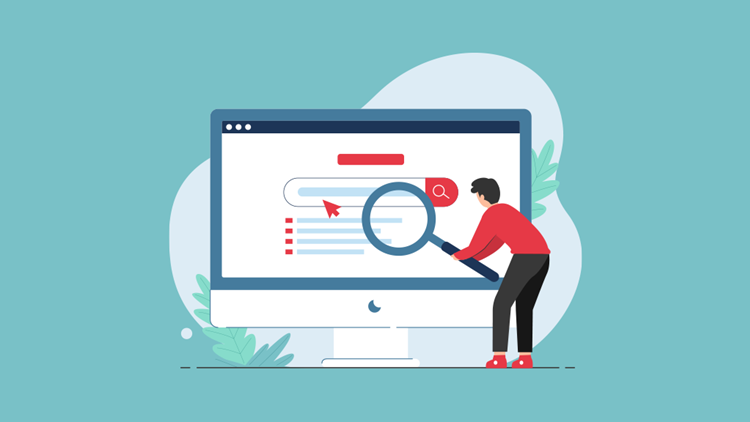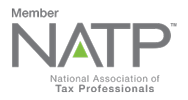
The Internet is filled with cybersecurity threats that can jeopardize family finances. Just one of many scams, identity theft tax refund fraud (ITTRF) is big business for criminals, and it can cause big headaches for victims.
The IRS, state departments of revenue, and private members of the tax industry established the Security Summit in 2015 to help combat the rising incidence of tax-related scams. One of the primary ways the group works toward this goal is by spreading awareness of new scams, common phishing tactics, and basic data security strategies.
4 tips for safely using the Internet from the Security Summit
For National Cybersecurity Awareness Month, the Security Summit is providing four tips that “children, teens, and other vulnerable groups” can follow to avoid scams and malware when online:
- Teach them to recognize and avoid scams. Phishing emails, threatening phone calls and texts from thieves posing as the IRS or legitimate organizations pose ongoing risks. Do not click on links or download attachments from unknown or suspicious emails.
- Remind them why security is important. Be careful not to reveal too much personal information. Keeping data secure and only providing what is necessary minimizes online exposure to scammers and criminals. Birthdates, addresses, age, financial information such as bank account and Social Security numbers are among things that should not be shared freely.
- Teach them about public Wi-Fi networks. Connection to Wi-Fi in a mall or coffee shop is convenient but it may not be safe. Hackers and cybercriminals can easily intercept personal information. Always use a virtual private network when connecting to public Wi-Fi.
- Always use security software with firewall and anti-virus protections. Make sure the security software is always turned on and can automatically update. Remember, to encrypt sensitive files such as tax records stored on computers. Be sure all family members have comprehensive protection especially if devices are being shared. Use strong, unique passwords for each account.
Finally, the Summit closes the press release by reminding that the IRS “does not use text messages or social media to discuss personal tax issues, such as those involving tax refunds, stimulus payments, or tax bills.” Instead, the agency will first reach out to taxpayers in an official letter or notice before following up with other methods of communication.
Want to learn more about data security?
Check out the following links from the IRS to learn more about data security issues:
Need help creating or updating a written tax office security plan?
Download the Drake Software Tax Office Security Plan.
Source: IR-2021-209

 AdamsTax Service Online
AdamsTax Service Online

